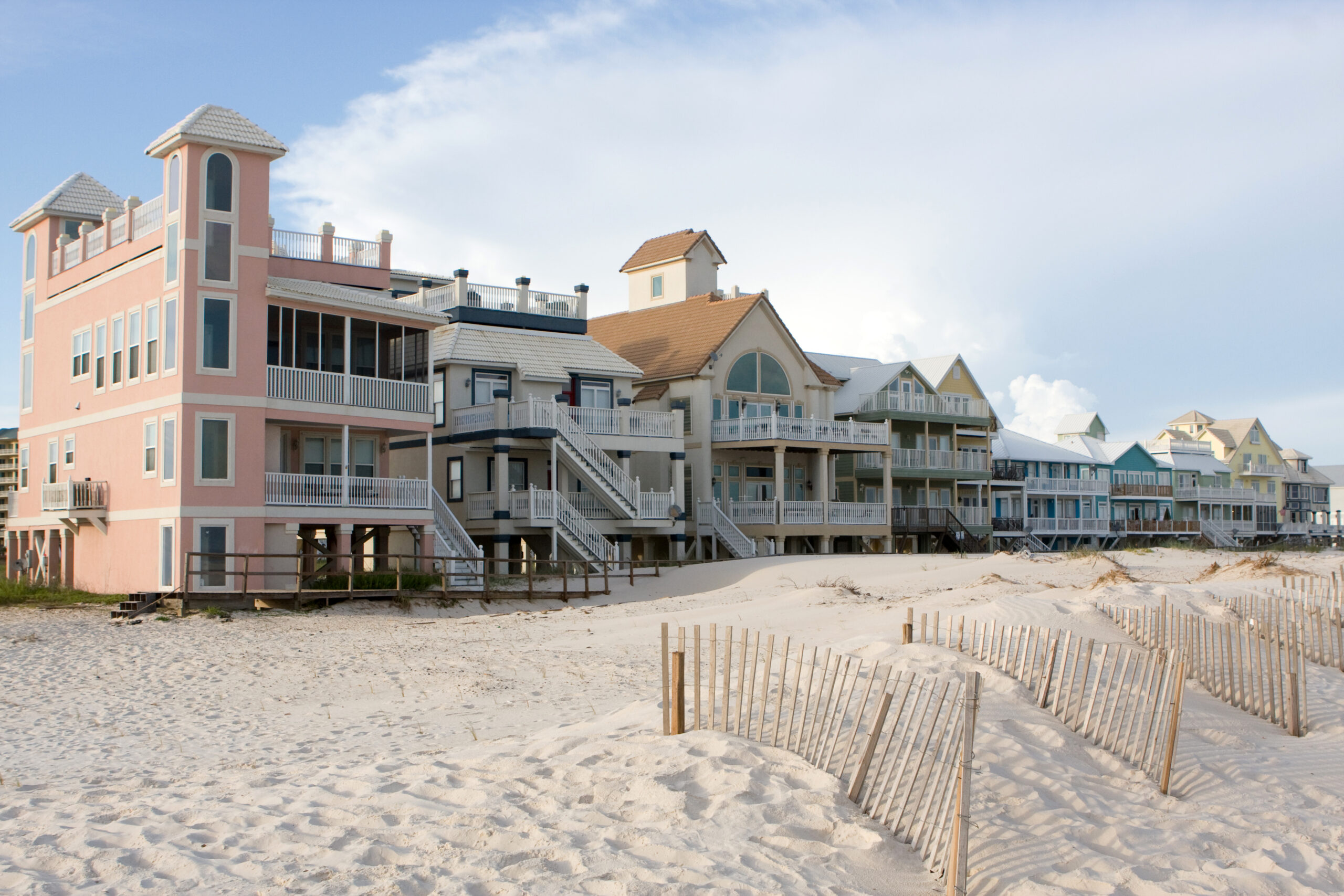Rental Property Insurance in New Hampshire
Also providing rental property insurance to residents in Massachusetts, Maine, Rhode Island, & Vermont.
Get a Quote
Insurance24
What is rental property insurance?
Investing in rental properties requires significant financial capital, and the investment should be protected when possible. One way that New Hampshire landlords can protect their properties is with rental property insurance.
Rental property insurance provide landlords with customizable coverage for their rental properties. Policies may cover both residential investment properties and a landlord.
Who in New Hampshire is investment property insurance right for?
Investor property insurance is primarily for landlords with smaller rental properties in New Hampshire. These are generally properties with between one and four units.
Coverage is broadly recommended for these properties, since a fire or other disaster could cause financially devastating damage. In cases where properties are financed, coverage is frequently required by the lender.

Can landlord policies cover apartment buildings?
Landlord policies are mainly intended for smaller rental properties containing one to four units. These policies are usually good options for single-family houses, townhouses, duplexes, and three- and four-unit homes.
These policies typically aren’t well-suited for insuring a larger apartment building. Apartment complex insurance or another policy type is normally better if insuring a building with five or more units.

Can landlord policies cover buildings with apartments above a commercial space?
Insuring a building that has first-floor commercial space and apartments above often requires more coverage than insuring residential-only buildings. A broader insurance policy is likely needed for such small mixed-use buildings, but select landlord policies might have enough coverage options available.
Any landlords who have a smaller mixed-use commercial and residential building should talk with an insurance agent who specializes in landlord policies. A specialized agent should be able to find suitable coverage, whether through a landlord or other insurance policy, for this type of property.
What insurance coverages do landlords need for their rental properties?
While specific coverage needs depend on a property’s details and landlord’s situation, there are several important coverages that investment property insurance policies typically offer. Landlords may want:
- Dwelling Coverage: Usually for damage to, or total loss of, the main dwelling. May also cover other structures on the rental property.
- Landlord Contents Coverage: Usually for loss of, or damage to appliances, landscaping equipment, and other g that the landlord owns and keeps at the property. Normally doesn’t cover tenant-caused damage.
- Loss of Income Coverage: Usually for unreceived rental income when a property becomes unlivable after to a covered disaster.
- Rent Guarantee Coverage: Usually for unreceived rental income due to tenants’ inability, unwillingness or failure to pay their rent.
- General Liability Coverage: Usually for common accidents on the property that could result in a lawsuit alleging landlord negligence. Tenants or other parties may sue if they sustain injury in a common accident.
- Legal Assistance Coverage: Usually for costs associated with legal actions not related to liability claims, such as attorney fees for evictions or judgments.

When does rent guarantee coverage make sense for landlords?
Rent guarantee coverage can provide important protection against unreceived rents, but it also may be a coverage that certain landlords can skip.
The coverage usually makes a lot of sense if a landlord relies on tenants’ rents for their operating expenses and/or personal income. If nonpayment would cause an immediate strain on business or personal finances, then rent guarantee coverage might protect against this risk.
The coverage may be required when financing a property, and especially if financing many properties as part of a leveraged strategy. Lenders sometimes insist on the coverage, so they can better trust they’ll be paid even if tenants don’t pay.
Coverage might be forgone when a rental property represents a long-term investment, and isn’t necessary for immediate operating or personal expenses. In this situation, landlords might be able to pursue unpaid rents from tenants without incurring immediate financial hardship.
An experienced insurance agent can help landlords decide whether they should get rent guarantee coverage, as well as other coverages, as part of their investment property insurance.

How can landlords owning properties in New Hampshire get rental property insurance?
For help insuring a rental property that’s in New Hampshire, reach out to the independent insurance agents at Insurance24. Our agents can help you find rental property insurance that’ll provide the protections your properties and you should have.
Insurance24
Contact Us
We’re here to help